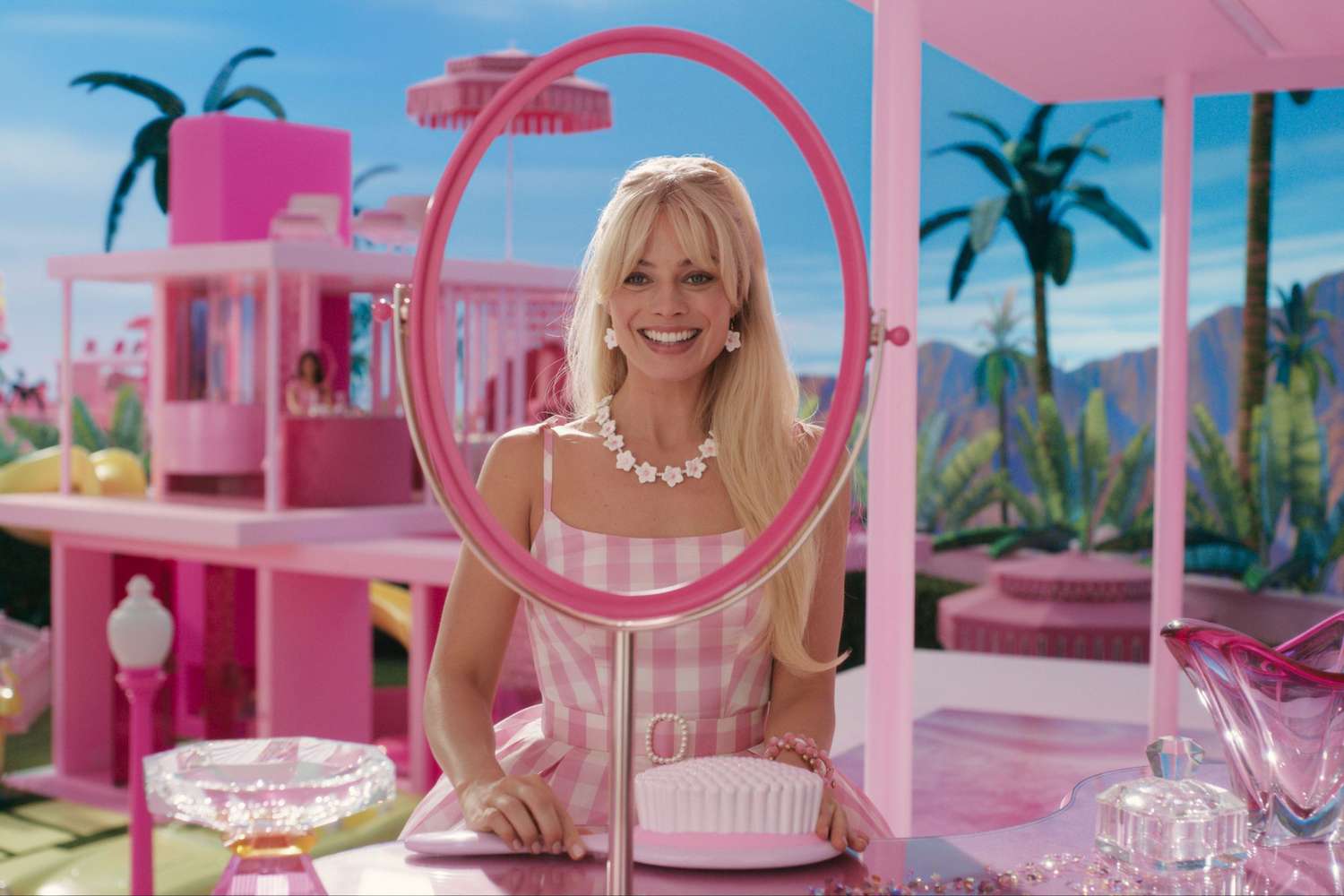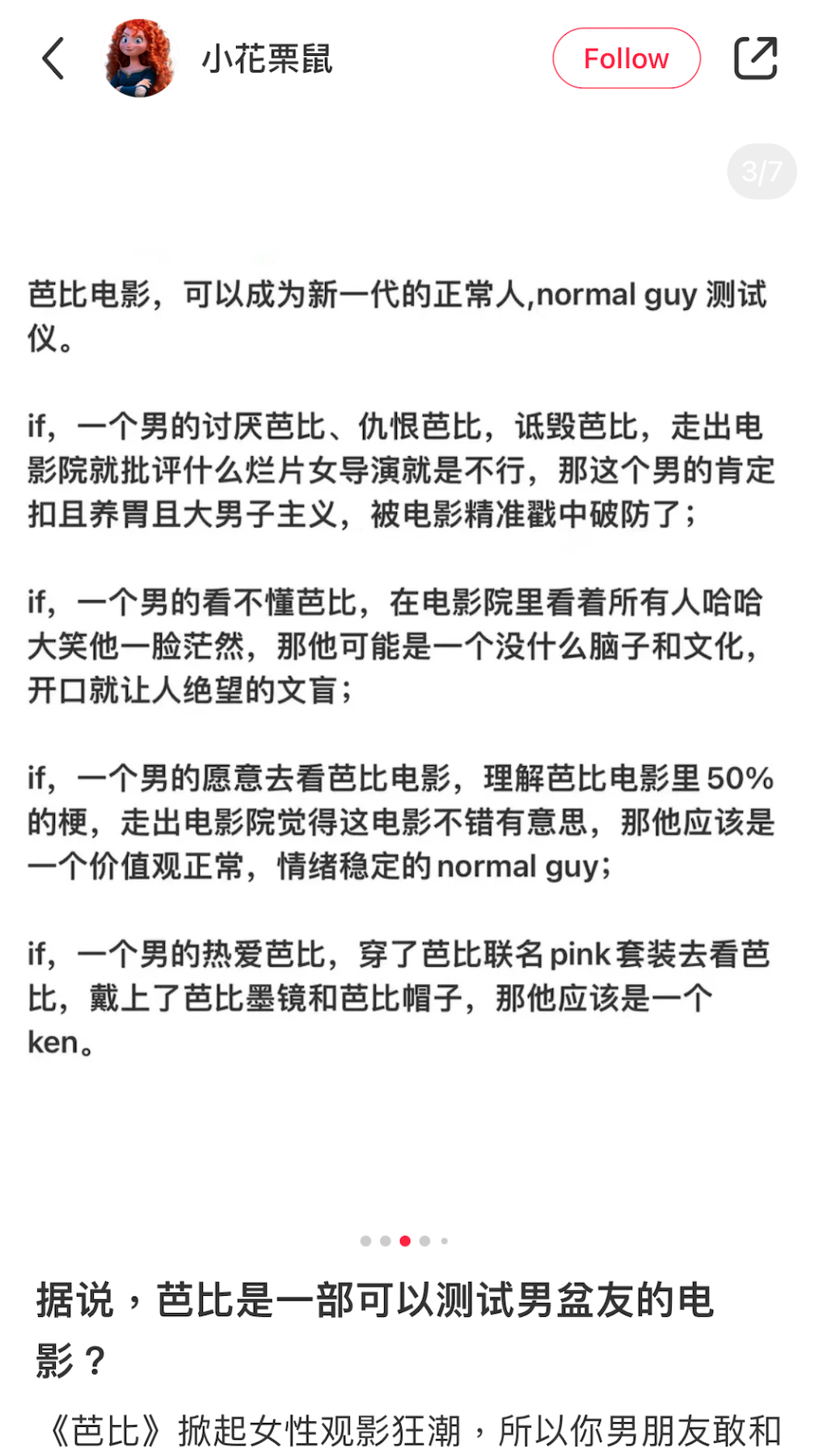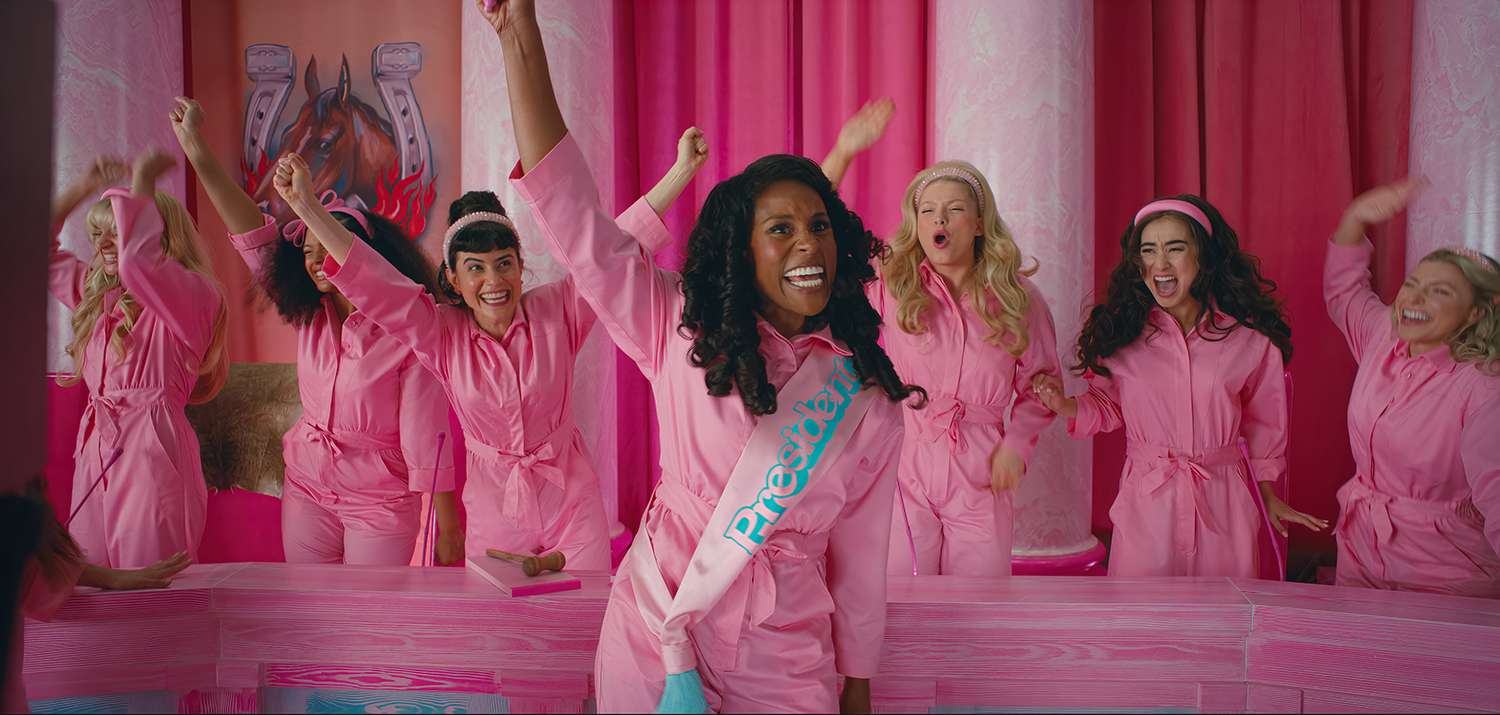Women In China Are Breaking Up With Their Boyfriends After Watching “Barbie”
Would your partner pass this “Barbie” litmus test?

The release of “Barbie” has sparked a deeper discussion about what it means to be a woman in the real world, and this has been no different in China, with women using the movie as a litmus test on their partners.

At the surface, Greta Gerwig’s “Barbie” is a lighthearted movie that follows Barbie – and Ken – on a journey to fix her seemingly perfect world.

Throughout the movie, it becomes clearer that “Barbie” is both a celebration of the iconic doll and a criticism of the ideals it stands for.

The movie has provoked different responses from adoration to hatred.

In China, it seems some men have found the film not exactly to their liking.
Women on Chinese social media have reported seeing men who accompanied their women friends or partners to see “Barbie”, walking out the theater half way through the movie.

A woman on the Chinese social media platform, Xiaohongshu, asked men about “Barbie”, and many said they “don’t really get it”.
“It’s suitable for girls to watch, because it’s all about Barbie. Anything Barbie collection related is a must-watch for girls, but it’s not suitable for boys,” a man said.
Another Xiaohongshu user, “Little Squirrel”, then came up with a litmus test that helps women determine if their boyfriends are worthy of them.
The “Barbie” litmus test divides men into four categories.

The first categorizes men as “toxic” and “misogynistic” if they hate movie, walk out or criticize the woman director.

The second type of man is the ones who can’t understand “Barbie” and look confused when everyone is laughing – meaning he has “no brain or culture”.
“If a man is willing to watch the “Barbie” movie, understands 50% of the message, walks out of the movie theater and thinks the movie is good and interesting, then he must be a man with normal values and stable emotions,” the user wrote.

Finally, if a man loves “Barbie” and wore pink to see the movie, then he must be a Ken, according to the test.
On Weibo, another Chinese social media, men said they were worried their enthusiasm for the movie could be interpreted as fake.

“As a man who enjoyed ‘Barbie’, even if I were to write a film review, I would be ridiculed with comments like, “Men shouldn’t pretend to understand.” What should I do?” a male Weibo user wrote.
In response, women have said that the situation then men are in is one that women have lived with throughout their entire lives – trying to prove their love for “manly” things is real.

“Looking at it from a different perspective, women go through these kinds of situations every day. We are constantly questioned – ‘Do you like Star Wars? You must be a fake fan. Let me test you. Do you know who created Star Wars?’,” a woman user wrote in response.
“Barbie” has received an 8.3 out of 10 rating on the popular Chinese movie review website, Douban.

Love it or hate it, Chinese movie critics have called “Barbie” a refreshing and unique movie that provides Chinese women with the opportunity to watch a “purely woman-perspective film.”




